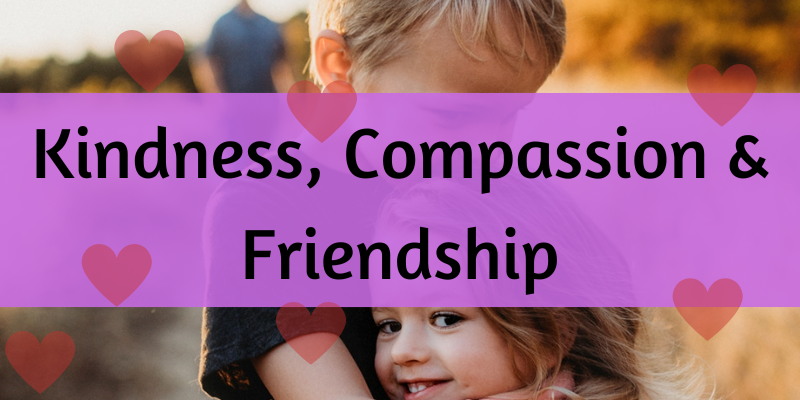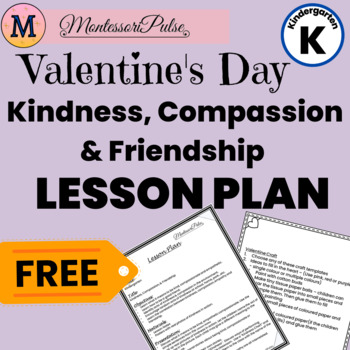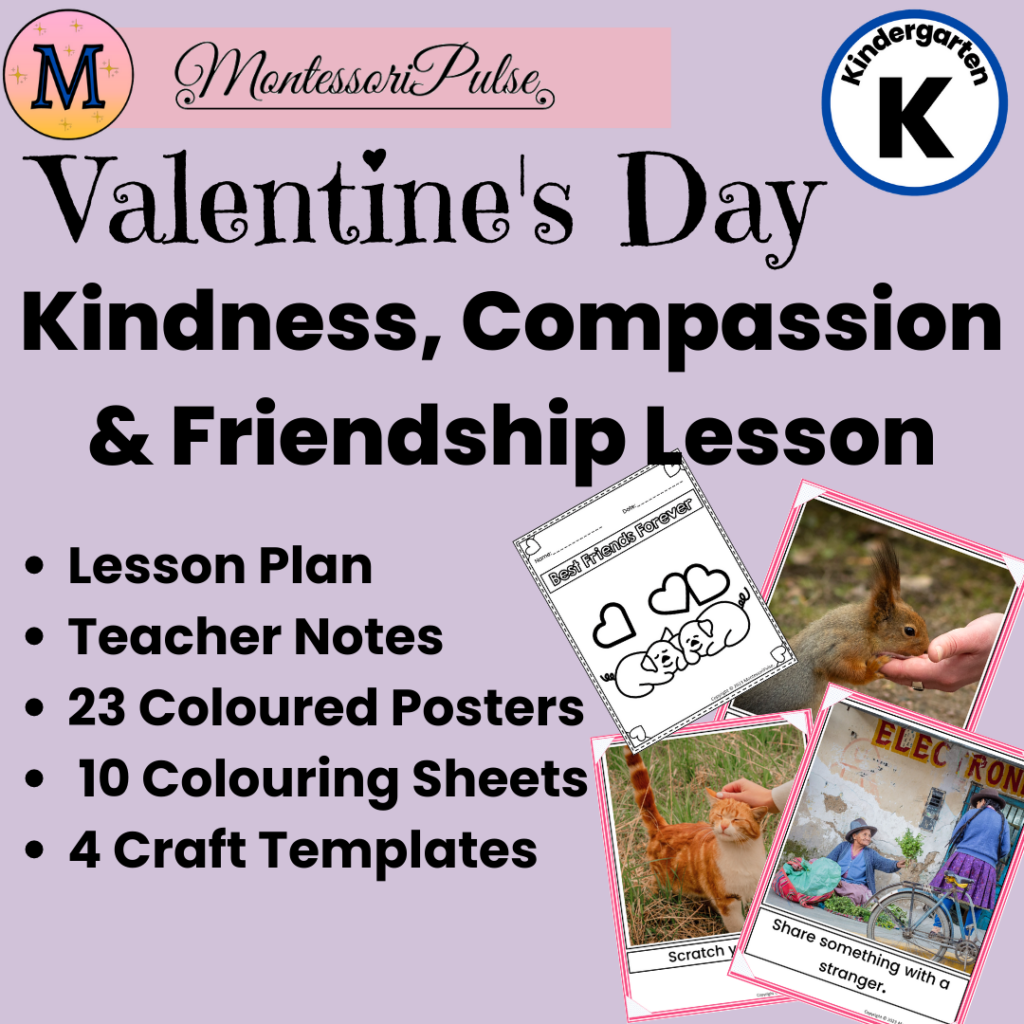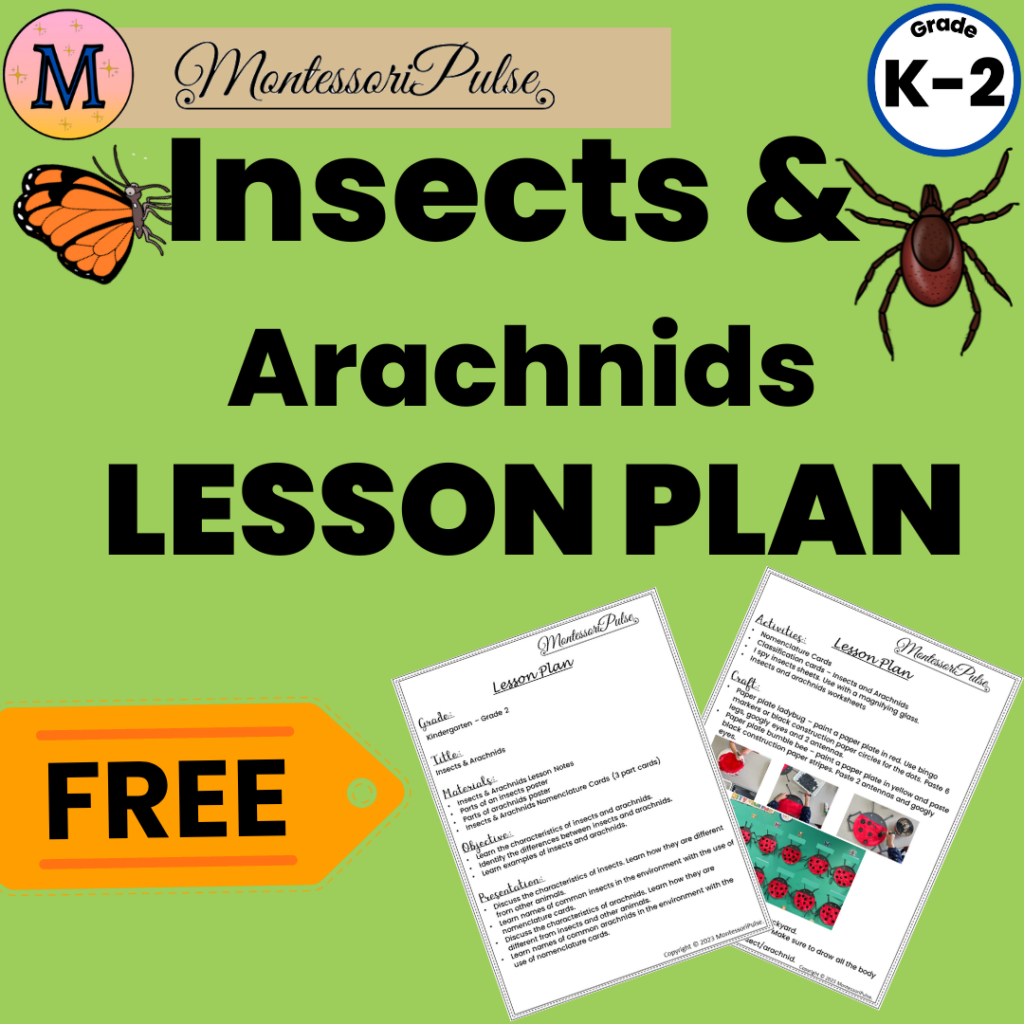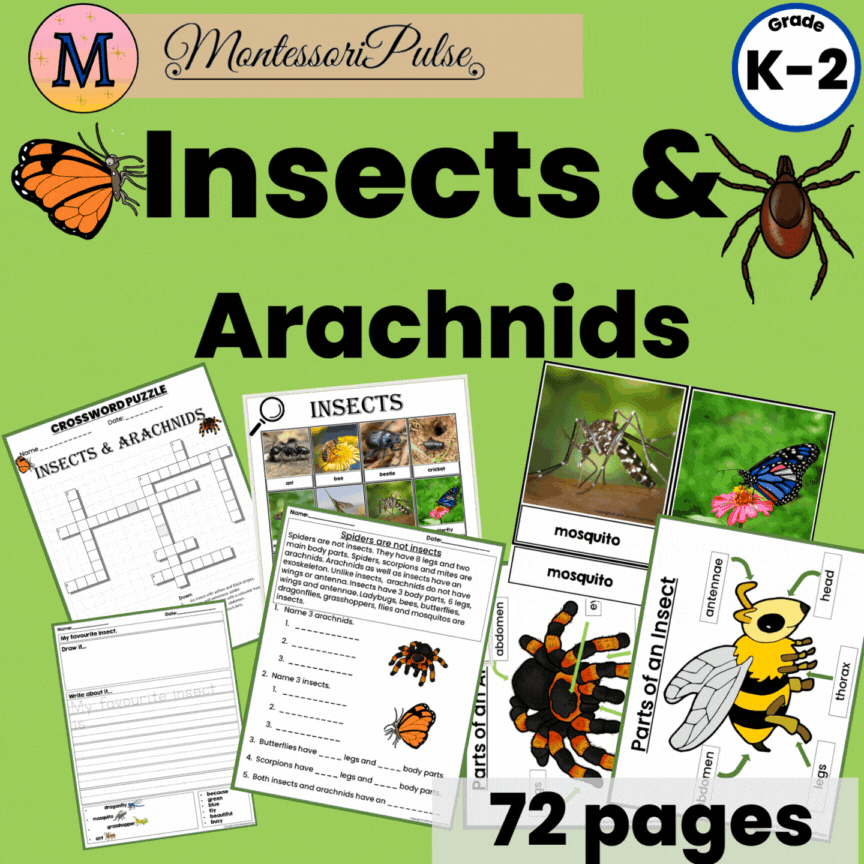Table of Contents
Kindness, compassion & Friendship are great themes that you can introduce at the beginning of the school year. It can help you create a positive atmosphere in your classroom environment for the rest of the year. Kindness is a wonderful quality that involves being friendly, considerate, and compassionate towards others. It is an essential virtue that children should learn and practice from an early age. Even though these are abstract concepts for children to understand, we can use some simple activities, role play, stories and props to make them more concrete.
Kindness is contagious! Be a role model and inspire the children to be kind as well. Talk about simple and spontaneous acts of kindness that occur during school. Show children how you can create a chain reaction, spreading positivity and making a pleasant environment around you.
How to Talk about Kindness and Compassion to Young Children
Use simple definitions or sentences to explain. Here are some examples,
Kindness:
- Kindness is being nice, generous, considerate and caring.
- Being kind will make everyone around you feel good.
- Which will make you feel good in return.
Compassion:
- Compassion is feeling & caring for someone who suffering physically or mentally.
- First, try to understand the feeling and emotions of others.
- Then, take action to help/care for whoever needs support.
You can be kind and compassionate with your
- Actions
- Words
- Thoughts
Kindness Lesson for Kindergarten
Kindness is all about treating others with love, respect, and understanding. When you are kind, you show that you care about how others feel and that you want to make their lives better. Being kind means being a good friend. It’s about being there for others when they need you and offering a helping hand. Whether it’s helping someone pick up their toys, sharing your snacks, or comforting a friend who is sad, small acts of kindness can make a big difference.
Kindness also means using your words and actions to make people feel happy and included. It’s important to use polite words like “please” and “thank you,” to listen attentively when someone is talking, and to be patient and understanding when others make mistakes.
Being kind doesn’t just apply to people you know; it extends to everyone you meet. It means being friendly to new classmates, showing empathy towards someone who is different from you, and treating animals with care and respect.
Practicing kindness also brings happiness to your own heart. When you make someone smile or feel better, you experience a warm and fuzzy feeling inside. It boosts your self-esteem and helps you build strong and meaningful relationships with others.
So, let kindness be your superpower! Always remember to be kind to yourself too, as self-care is an important part of being kind. Treat yourself with love, be forgiving of your mistakes, and believe in your ability to make a positive impact on the world.
Random Acts of Kindness
Actions
- Sharing something with someone
- Help someone clean up
- Help someone complete an activity
- Hug someone who is sad
- Play with someone who is lonely
- Say something nice about your friend.
- Make a Thank You card for a community helper.
- Scratch, hug or talk to your pet
- Listen to someone
- Feed birds.
- Help your neighbour carry the grocery
- Take turns riding your bike with a friend who doesn’t have one
Words
- “I like your hairdo”
- “You have a beautiful smile”
- “Your painting is very creative”
- “Your cookies are delicious”
- “Are you ok?”
- “Would you like to play with me?”
- “Can I help you clean up?”
- “I wish you get well soon”
Loving Kindness – Metta
Loving Kindness, also known as Metta, is a Buddhist concept. Metta is a Pali word that translates to “loving-kindness” or “boundless friendliness.” Metta is a quality that is practiced through meditation and practice. Concepts like compassion. empathy are all aligned and interrelated with loving kindness. At its core, mettā is the sincere wish for the well-being, happiness, and safety of oneself and others.
The practice of mettā meditation involves focusing on specific phrases or thoughts that express genuine well-wishes for oneself and others. These phrases start as, “May I be happy”, and “May I be free of suffering”…etc. It continues to wish the same for family, friends, acquaintances and even enemies. The sentences can be as simple or complicated as you need. Practicing Metta from an early age can develop a mindset of inclusiveness, empathy and understanding.
Simple Loving Kindness phrases for children
These simple sentences are easy to memorize and understand. Children can start practicing by chanting these out loud. Then, if they are ready, they can repeat these sentences in their mind. But if a child is not ready for mental chanting, they can continue to chant out loud. This is a great daily circle time activity. You can start your circle time activity with this.
- May I be happy
- May I be healthy
- May I be free of pain
- May I be well
- May my family be…
- May my friends be…
- May everyone I know be…
- May all animals be…
- May all living beings be…
Read ☟
How to Talk about Friendship
Being a good friend means being kind, sharing, listening, helping, and having fun together. By being a good friend, you can make your friends happy and create wonderful memories together.
- Be Kind: Always be nice to your friends. Use kind words and gentle actions to show that you care about them.
- Share and Take Turns: Share your toys, games, and snacks with your friends. Taking turns means giving everyone a chance to play and have fun.
- Listen Carefully: When your friends talk, listen carefully to what they say. Pay attention and show that you care about their thoughts and feelings.
- Help Each Other: Be ready to help your friends when they need it. Whether it’s tying shoelaces or picking up toys, lending a hand is a great way to show friendship.
- Play Together: Join in and play with your friends. Include others who might feel left out, so everyone can have fun and feel included.
- Use Nice Words: Speak kindly to your friends. Say “please” and “thank you” and use words that make them feel good.
- Say Sorry: If you accidentally hurt someone’s feelings or make a mistake, say sorry. Apologizing shows that you care about your friends and want to make things right.
- Be a Good Listener: When your friends want to share something, give them your full attention. Look at them, nod, and respond with kind words.
- Be Patient: Sometimes, your friends might need more time or help with something. Be patient and understanding, and remember to take turns.
- Have Fun Together: Enjoy playing and laughing with your friends. Share smiles, jokes, and happy moments together.
Related Resources
⭐ Dino Best Friends Valentine’s Day Colouring Sheets
⭐ Kindness Colouring Sheets
⭐ Kindness, Compassion & Friendship – Lesson Plan – Valentine’s Day
⭐ Kindness, Compassion & Friendship – Valentine’s Day Lesson
⭐ Kindness/Valentine Posters
⭐ Valentine’s Day Greeting Cards for Mom and Dad (Black & White Folded )
⭐ Valentine’s Day Puzzles – Kindness, Friendship & Love
Conclusion
The values of kindness, compassion, and friendship should be cultivated in ages. The foundation laid during this crucial period has a lasting impact on their social and emotional development. By fostering a culture of kindness and compassion, educators and parents create an environment where young minds can flourish and grow. Teaching children to be kind to one another promotes a sense of belonging, inclusivity, and respect. When they witness acts of kindness and experience compassion firsthand, they are more likely to exhibit these behaviours themselves.
Friendship plays a vital role in a child’s life, and kindergarten provides countless opportunities for them to form meaningful connections. Encouraging children to build friendships promotes social skills, cooperation, and teamwork. It helps them develop a sense of support and belonging, fostering a positive learning environment where they feel safe and valued.
Let us remember that by nurturing kindness, fostering compassion, and encouraging friendships, we are not only shaping the lives of these young learners but also positively influencing the world they will inherit. Together, let us inspire a generation of compassionate and empathetic individuals who will make our society a better place for everyone.
